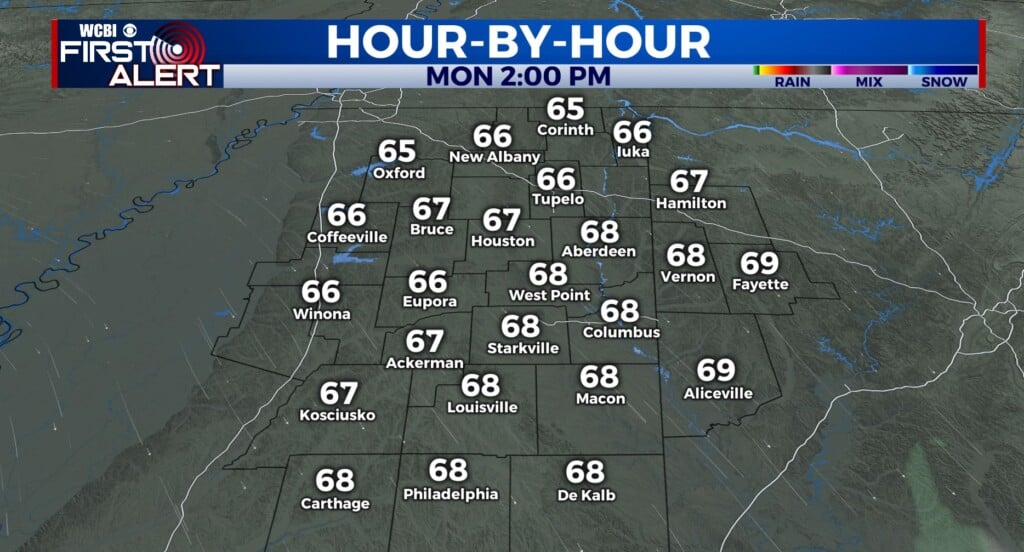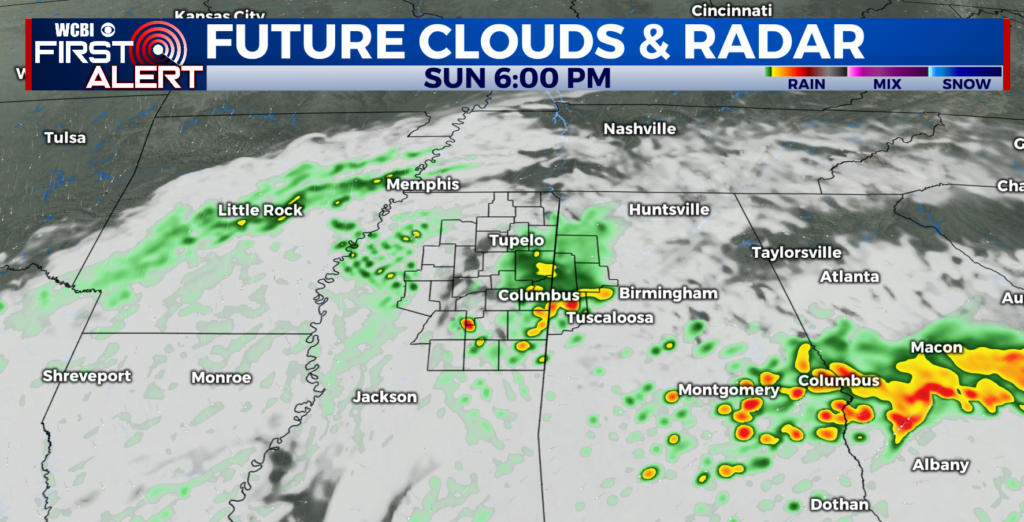Lysol responds to Trump's claims about injections
After President Trump floated the erroneous and dangerous idea Thursday that injecting disinfectant might be a potential way to fight COVID-19, the company that makes Lysol is strongly warning consumers not to do this.
In a statement on its website, RB, the makers of Lysol and Dettol, said due to “recent speculation and social media activity,” the company has been asked if internal administration of disinfectants can be used as a treatment for coronavirus. It emphatically answered: No.
“As a global leader in health and hygiene products, we must be clear that under no circumstance should our disinfectant products be administered into the human body (through injection, ingestion or any other route),” RB said in the statement. “As with all products, our disinfectant and hygiene products should only be used as intended and in line with usage guidelines. Please read the label and safety information.”
RB said it has a responsibility “in providing consumers with access to accurate, up-to-date information as advised by leading public health experts. For this and other myth-busting facts, please visit Covid-19facts.com.”
The American Chemistry Council also chimed in with a statement, saying, “Chlorine bleach and other disinfectants should never be ingested or injected into the body to treat infections such as COVID-19. Such a practice could be lethal or cause serious bodily harm.”
The confusion over disinfectants arose after health officials at the White House briefing Thursday evening presented “emerging results” of research on the benefits of sunlight and humidity and certain disinfectants in diminishing the threat of the virus on surfaces and in the air. President Trump then launched into speculation about the the possibility of injecting disinfectants as a treatment.
During the televised briefing, Mr. Trump said he’s seen “the disinfectant where it knocks it [coronavirus] out in a minute.”
He continued, “And is there a way you can do something like that by injection inside or almost a cleaning? As you see, it gets in the lungs and it does a tremendous number on the lungs — so it’ll be interesting to check that. … It sounds interesting to me.”
Dr. William Bryan, the head of the science and technology office at the Department of Homeland Security, appeared to quickly shoot down the idea. Asked by a reporter, “There’s no scenario that could be injected into a person, is there?” Bryan replied, “No.”
On “CBS This Morning,” chief medical correspondent Dr. Jon LaPook explained, “Just because something works outside of the body doesn’t mean you should bring it inside the body, where it could potentially cause severe damage.” He added, “The last thing you want is somebody hearing this, hearing this kind of a statement, and then — being very ill themselves, and saying, ‘You know what, I’m gonna just give it a try.'”
After hearing the president’s remark, many medical experts and elected officials spoke out on social media to publicly correct the dangerous idea about disinfectants.
“As a doctor, I recommend you do NOT inject disinfectant, and do NOT take medical advice from this person,” Dr. Jason Westin, a cancer researcher in Houston, tweeted, sharing a clip from the briefing.
“With President Trump’s press conference last night, it looks like we have a quack medicine salesman on TV,” Senator Chuck Schumer tweeted. “Injecting disinfectant? No. He must focus on testing, testing, testing.”
“Good morning. Do not inject yourself with disinfectant,” Michigan State Representative Laurie Pohutsky told her followers.
The White House responded to the controversy with a statement Friday morning, saying:
“President Trump has repeatedly said that Americans should consult with medical doctors regarding coronavirus treatment, a point that he emphasized again during yesterday’s briefing. Leave it to the media to irresponsibly take President Trump out of context and run with negative headlines.”
When the president was asked his remark again Friday afternoon, he said, “I was asking a question sarcastically to reporters like you just to see what would happen.”
The EPA has compiled a list of disinfectants for use against COVID-19 — as household cleaners, not treatments. Several Lysol products and many other disinfectants are on the list. “When using an EPA-registered disinfectant, follow the label directions for safe, effective use,” the EPA states.
The EPA also released a statement about disinfectants Thursday that included this advice:
“Never apply the product to yourself or others. Do not ingest disinfectant products. This includes never applying any product on List N (the agency’s list of disinfectants to use against SARS-CoV-2, the virus that causes COVID-19) directly to food.”
Disinfecting products can be toxic, and the products should never be ingested. Poison Control has guidelines for keeping families safe when using cleaning products.





Leave a Reply